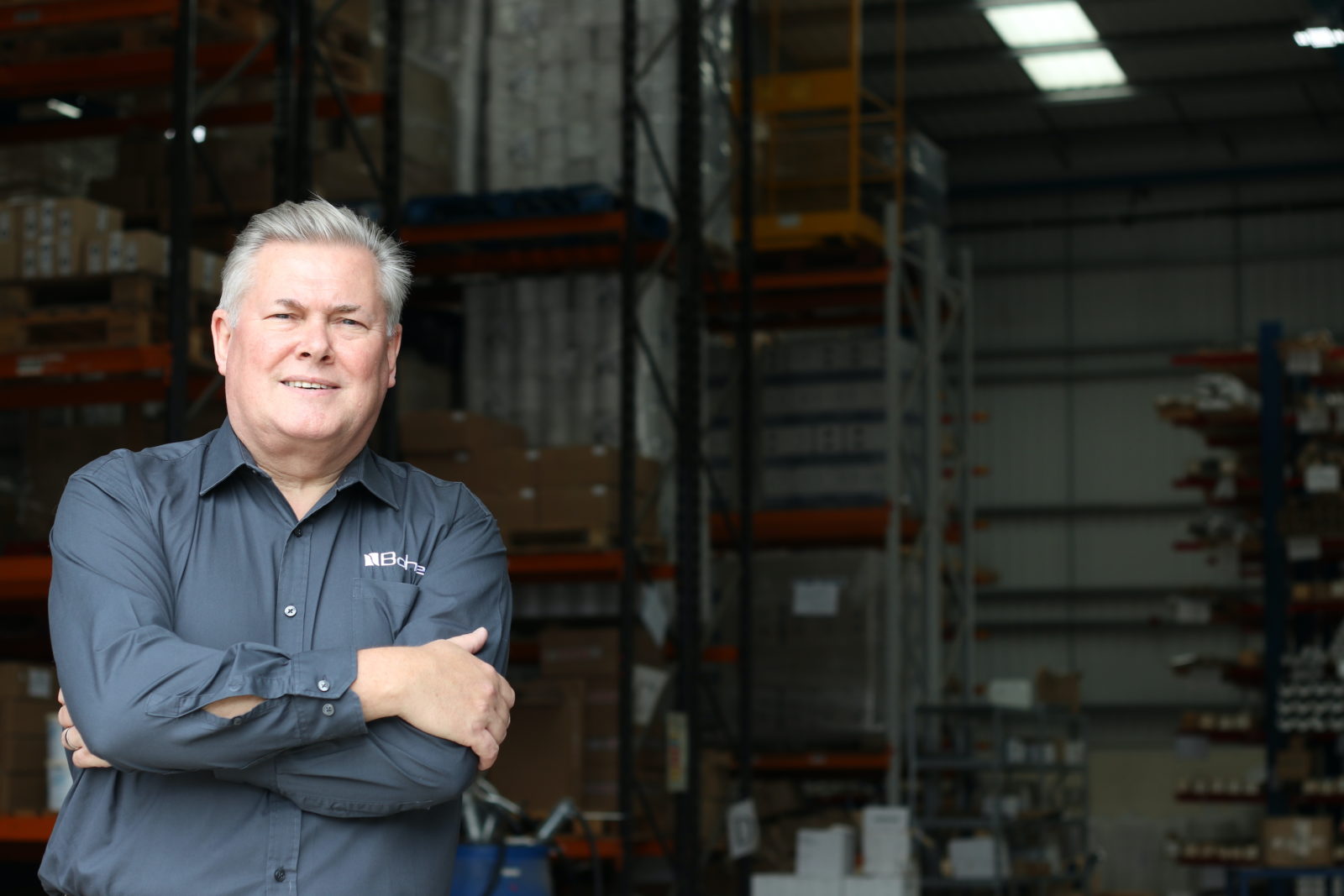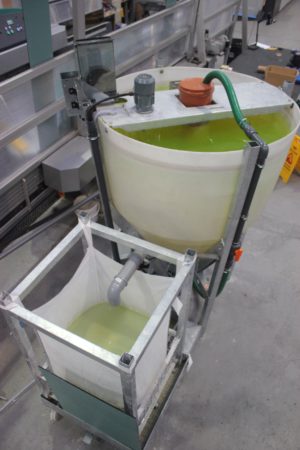Beat the energy price hikes on glass


With energy price hikes driving up raw material prices and manufacturing costs, is there a way for glass processors to keep a lid on overheads?
The glass processing sector, already reeling from big increases last year in the cost and availability of product, has been hit by another series of whammies at the start of this year in the form of surging energy costs.
Energy surcharges from float glass manufacturers jumped by as much as 2,000% overnight. And IGU manufacturers and glass processors have seen their own set of pressures with massive hikes in what they pay for energy, as well as big increases in transport costs and fuel.
“It’s a perfect storm,” says Dave Broxton, MD, Bohle. “The temptation is to claw back on costs, maybe rein-in planned investments. That would, however, mean missing out on an opportunity, and potentially future opportunities at a time when government support is there to help you.”
The super-deduction tax break runs out in less than 10-months (31 March 2023). It offers glass processors (and other businesses) access to major tax breaks totalling tens of thousands of pounds, allowing them to offset capital investments against bigger tax savings.
Launched by Chancellor Rishi Sunak on 1 April 2021, it allows companies to access a capital allowance of 130% on qualifying plant and machinery investments.
Prior to this capital investments would either fall within a company’s annual investment allowance and produce relief of only £19,000 or alternatively be tax-relieved at 18% of the cost per annum.
“That’s a massive win in anybody’s book. In the current climate it is, however, difficult to take the plunge. Machinery costs are high, lead times are long and payback on big capital investments even longer,” Dave says.
“Getting far more out of the lines that you have by reducing downtime and improving quality and reducing wastage, for a far lower investment, is a third way.”
He argues that sedimentors do just this. They cost only a fraction of a new processing line but increase productivity by practically eliminating downtime for cleaning of tanks, extending the life of tooling and improving edge quality by keeping coolant clean.
“You might lose an afternoon on a Friday or maybe a day to cleaning tanks. When you come back in on Monday your edge quality is probably going to be great, but by Wednesday, Thursday, it’s going to have dropped off and by Friday, you’re back into that cleaning cycle,” Dave says.
“Sedimentors deliver an immediate efficiency and productivity gain by eliminating downtime and improving quality – from your existing lines. You don’t have to commit to a big investment but you do need to do it soon because otherwise, you’re going to run out of time to access tax breaks.”
The cost of cleaning or changing coolant according to Bohle, quickly adds up. Using just 400 litres of water as part of your weekly cleaning cycle equates to a yearly water consumption of approx. 20,000 litres as well as high cost for its disposal.
Most centrifugal water cleaning systems used by the industry, can’t filter glass particles < 5 µm, something which, can over time, contribute to lower product quality and a build-up of concretion in machinery and tanks.
Sedimentors do, capturing particles of < 5 µm or less – but also use far less energy to do so, through a patented automated, multi-stage process.
Sedimentors from Bohle also use a ‘bypass system’ for batch cleansing. This isolates water, coolant and flocculant, from the line during the cleaning process, completely eliminating the potential risk from flocculant contamination and tool damage – creating a closed system.
“The system basically works off gravity,” continues Dave, “so sedimentors significantly lower your energy consumption compared to centrifugal systems. They’re also closed-loop, so you aren’t having to dispose of gallons of contaminated waste water, so from an environmental perspective, it also delivers big wins.”
As Dave points out the payback time is also reduced as the purchase costs is effectively lower because of the super-deduction tax break.
“In practical terms, the capital allowance of 130% would mean that, if you commit to spend £100,000 or on plant and equipment, you can deduct £130,000 from your taxable profits. With corporation tax currently at 19%, that equates to a saving of £24,700,” Dave explains.
Bohle is offering a free 60 to 90-day trial of its sedimentor, all glass processors have to do is cover installation charges and carriage – Bohle can also help glass processors, access the Super-Deduction Scheme.
